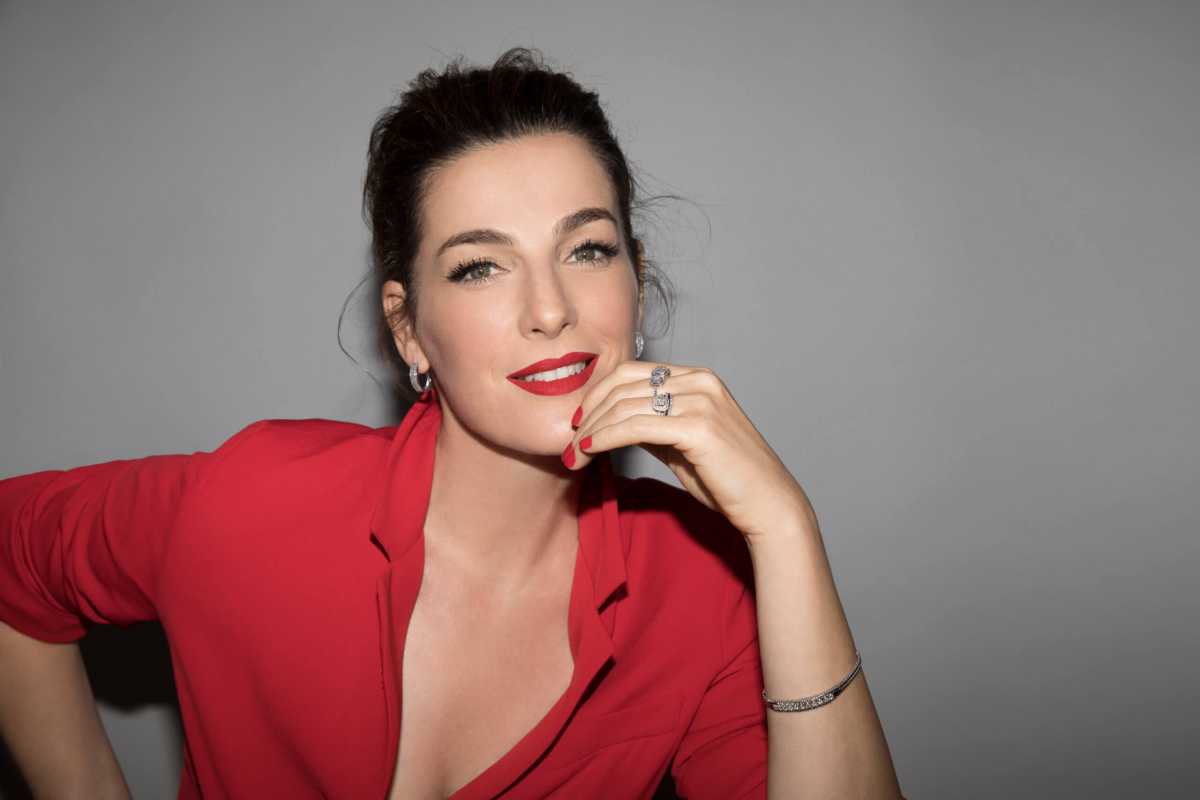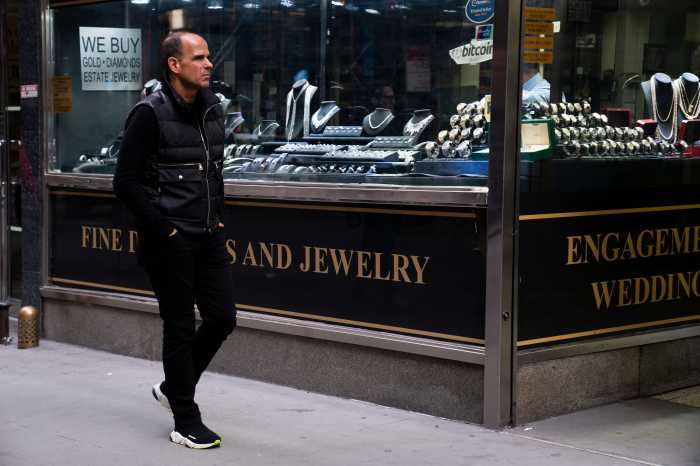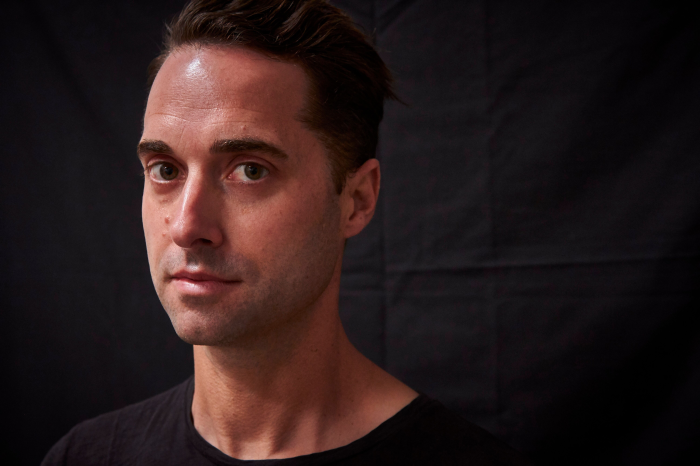Created, written and directed by Sigal Avin, who’s career has gravitated toward exploring female complexity and tackling issues such as sexual harassment, is releasing a new eight-part psychological and existential drama series “Losing Alice,” to be released on Apple TV+. amNewYork Metro spoke to one of the female leads, Ayelet Zurer, about the themes of the piece, and it’s interesting brand of feminism.
Zurer has had a long career in Israeli filmmaking, and is one of Israel’s most critically acclaimed actors. This series is subtitled but she has played English-speaking roles, most notably alongside Eric Bana in Steven Spielberg’s 2005 Oscar-nominated film “Munich.”
At 48 years old, Alice, once a trailblazing director, is suffering from crippling writer’s block, perhaps and perhaps not due to a drying of her imagination that has accompanied the increasingly dominant wife-and-mother aspect of her identity. At the beginning she seems content, yet distant, in the domestically settled identity she projects to the world—underlying which there is a conflicting desire for freedom.
A happenstance meeting with mysterious 24-year-old Sophie, who is an aspiring writer and the series’ femme fatale is an approximation of what Alice feels she used to be and sparks a gripping exploration between obsession, jealously, paranoia and the complexity of female relationships and destabilizing senses of self. It sparks a psychological state of counter-phobia, as researched by Zurer. A term that describes launching yourself into your fears, with the fears in question here being the tightrope between control and abandonment of an identity that had been fixed for a long time.
Notably Zurer wears no makeup during the film, while Sophie is glamorous in the traditional sense; beautiful styled or when answering the door in only an oversized tee shirt.
In a way this prompts many questions. First, would a male director typically choose to go this route and have his title character be bare-faced? Has Alice always been a “no muss, no fuss” woman, or does this highlight the tiresome notion that if women no longer spend hours perfecting the way they look—particularly after marriage and motherhood—they have “let themselves go.”
Sophie becomes a trigger and portal through which Alice is able to revisit her past self, her current self and what she wants from the future. In an early driving scene, Sophie flippantly asks Alice what it is like to be a working mother. Alice states that you can have both but balance is required. Crucially, she offers this answer half-heartedly, her expression is dead, you know she does not mean what she is saying but is giving a kind of canned answer.
When Sophie and Alice take a moonlit boat trip Sophie dives energetically and without hesitation into the water. When invited to take a swim, Alice refrains and tellingly remarks that “10 years ago, that would have been me.”
To begin with, Sophie is a positive force in Alice’s life. Alice is reinvigorated, shakes off that writer’s block and begins to direct a movie based on Sophie’s script. Alice’s relationship with her husband seems thoroughly stable to begin with, but when Alice casts him alongside Sophie in the film that involves a great deal of erotica, the viewer begins to wonder what is going on inside of Alice’s head. During a subsequent, heated argument, her husband remarks that Alice “got off on it [watching her husband portray having sex with another woman],” suggesting a boredom with her norms and a desire to expand herself emotionally and sexually, or to simply provoke a reaction.
Indeed, when asked how she prepared for the role, Zurer did mention watching indie female porn, mostly made that made by Erika Lust.
It is these thought-provoking questions that make Alice’s journey so interesting: did she subconsciously want to disrupt or even end her marriage by making this casting choice?
What becomes a mentoring and sincere bond between the two women does not last. And Alice’s distrust of Sophie steadily grows.
The story is told from Alice’s perspective. We get to know Sophie, and she is a well-rounded character, but we do not know her in the sense of what truly drives her interiorly. This is an extremely intelligent format for Avin to use in creating the cinematic tension that pervades the series. The series becomes speculative and Alice and her journey are really the psychological focus and observed metamorphosis of the piece.
There is doubtlessly a Sophie to know in-depth, but, following film-noir tropes, a great deal remains ambiguous. Perhaps the point is that because Sophie is the young, glamorous counter-point to Alice we trust her less, she is nefarious, she is to blame, when this interpretation is really a revealing projection of the viewer. After all, can’t Sophie be adventurous and carefree without any malevolent agenda? This is a feat of complex realism and social commentary by Avin.
Amazingly, “Losing Alice” is Zurer’s first experience working with a female director, Sigal Avin, who also wrote and directed the series and whose filmography tackles a lot of feminist issues, such as sexual harassment.
Zurer describes with fondness techniques used by Avin to shake-up the atmosphere on set, such as by playing diverse music genres to cast and crew who were 50/50 male and female in composition. The key difference that Zurer felt while working with a female versus male director was that she felt “seen.”
Avin’s style is intricate, subtle and makes excellent use of the flashback and flash-forward film-noir practice, It redefines the notion of a female heroine and the ending, without giving anything away, suggests that the search for a stable identity is perpetual, and always capable of being disturbed by chance.
Make your own interpretations of “Losing Alice” when it premieres on Apple TV + on Jan. 22







































